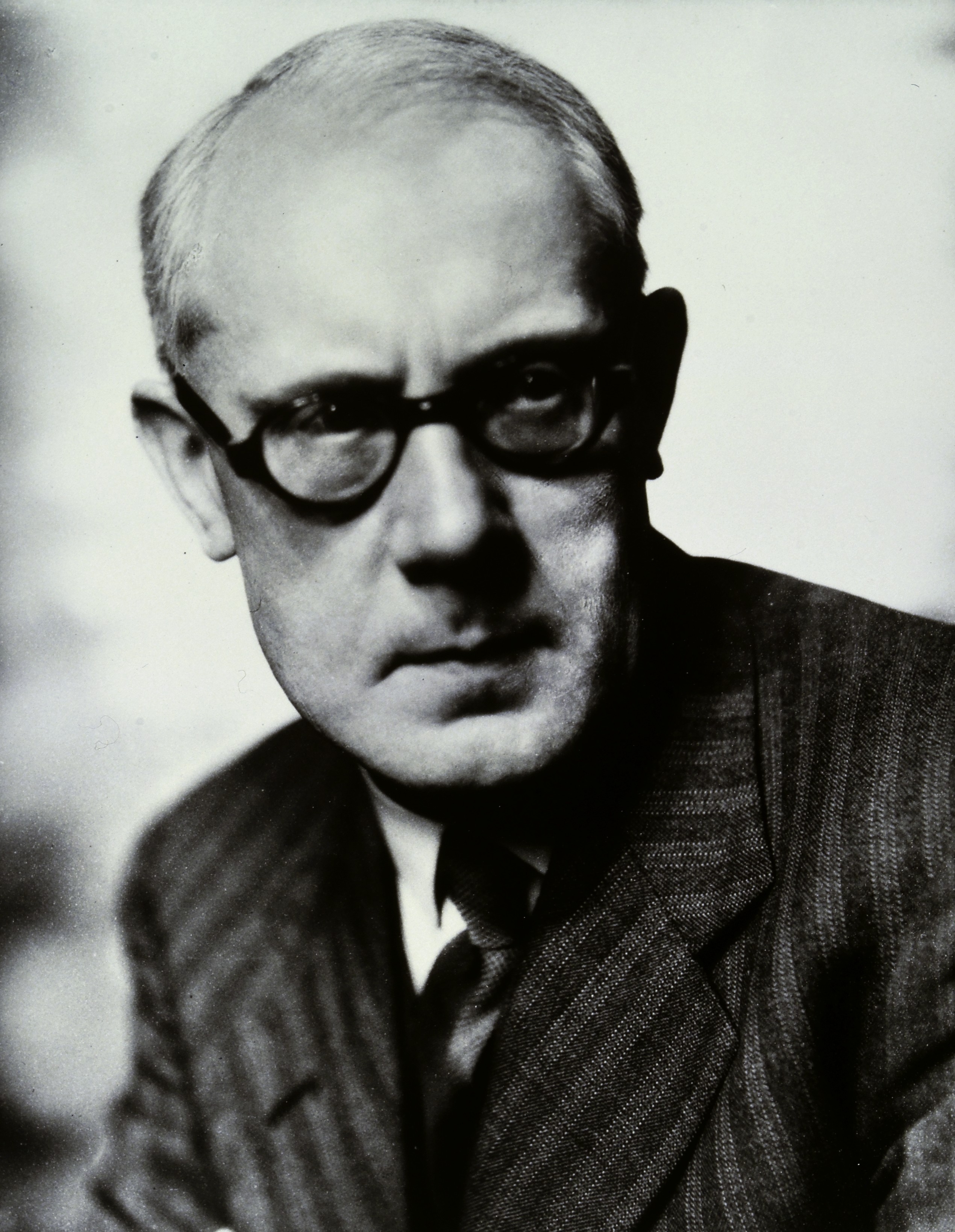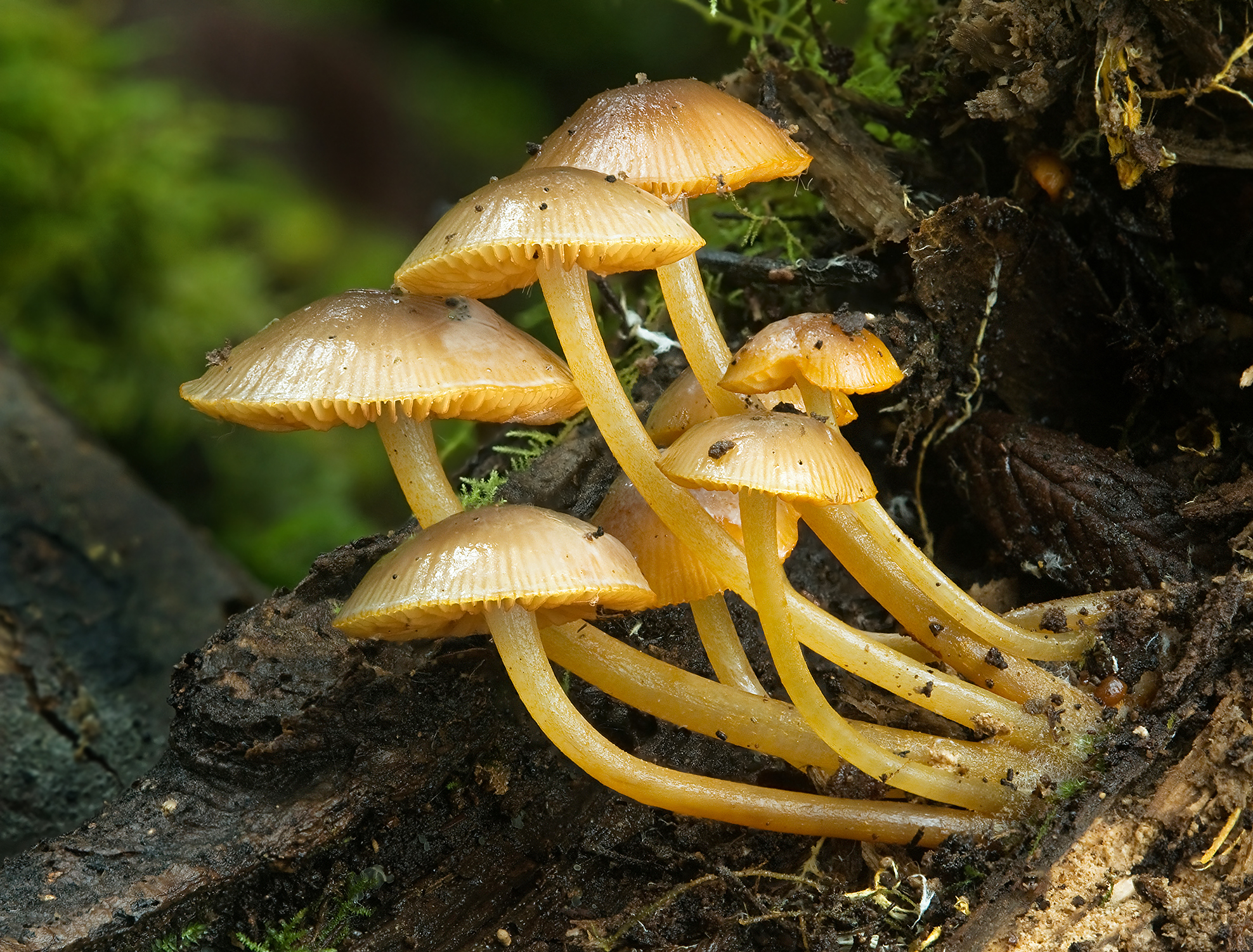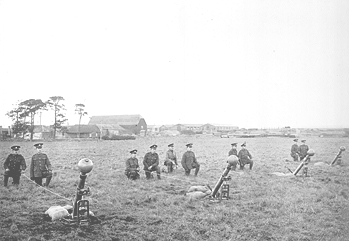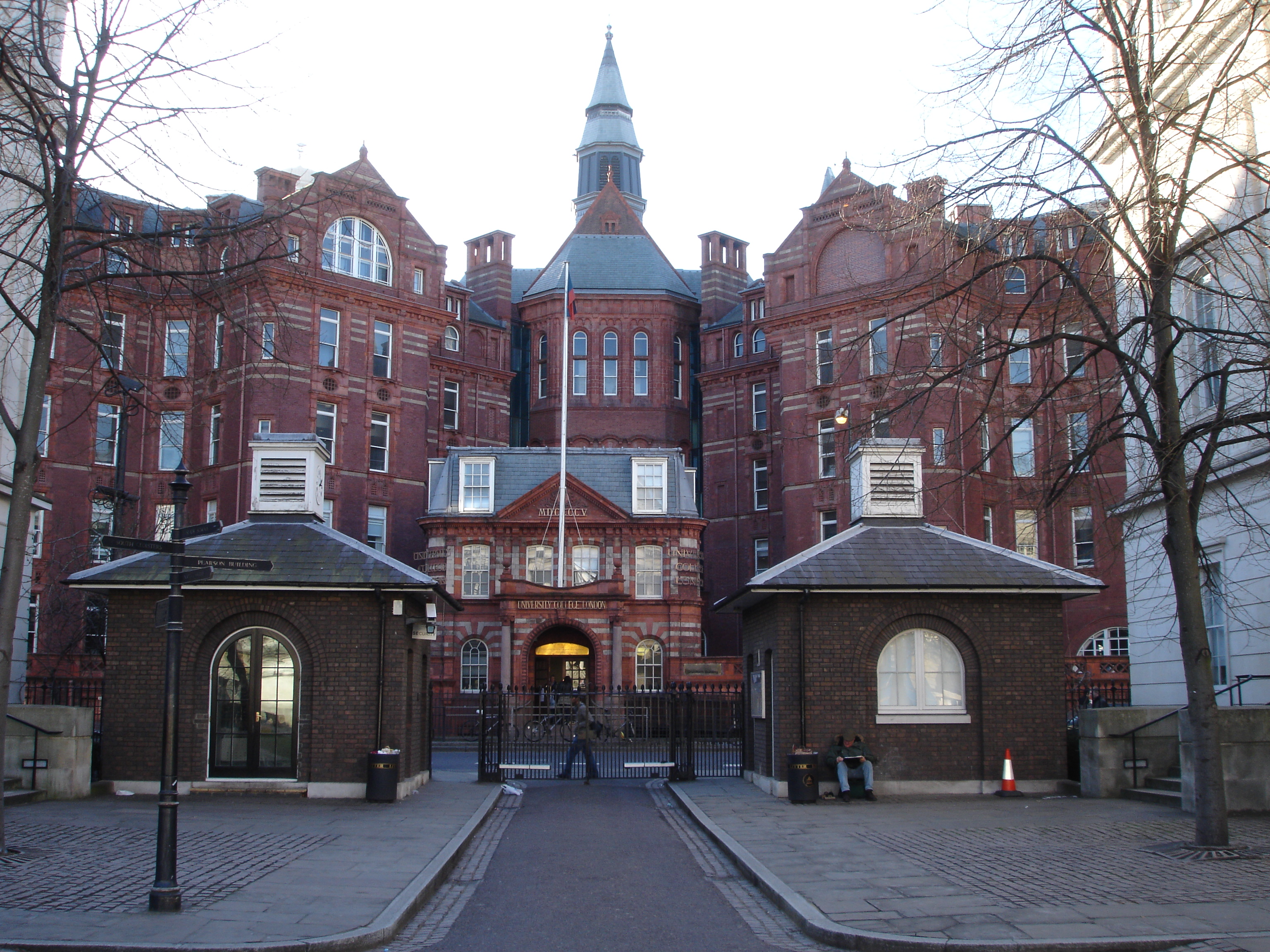|
Wilson Smith (microbiologist)
Wilson Smith (21 June 1897, Great Harwood at Blackburn; – 10 July 1965, Woolton Hill at Newbury) was a British physician, virologist and immunologist. He was part of the group that first isolated the influenza virus and developed one of the first vaccines against influenza. When Wilson Smith was ten years old, his father died and his mother took care of the four children alone. During his last year of secondary school at the Accrington Grammar School, he also taught at Great Harwood Elementary School. From 1915 to 1919 he served in France and Belgium as a private in the R.A.M.C.'s 107th Field Ambulance. From 1919 he studied medicine at the University of Manchester with degree qualification as both physician and surgeon (M.B., Ch.B.) in 1923. He was for two years a physician practising clinical medicine in Manchester and worked for one year as a ship's doctor aboard a Blue Funnel Line cargo ship. He then studied bacteriology, graduating with a higher medical degree (M. ... [...More Info...] [...Related Items...] OR: [Wikipedia] [Google] [Baidu] |
Wilson Smith
Wilson Smith (21 June 1897, Great Harwood at Blackburn; – 10 July 1965, Woolton Hill at Newbury) was a British physician, virologist and immunologist. He was part of the group that first isolated the influenza virus and developed one of the first vaccines against influenza. When Wilson Smith was ten years old, his father died and his mother took care of the four children alone. During his last year of secondary school at the Accrington Grammar School, he also taught at Great Harwood Elementary School. From 1915 to 1919 he served in France and Belgium as a private in the R.A.M.C.'s 107th Field Ambulance. From 1919 he studied medicine at the University of Manchester with degree qualification as both physician and surgeon (M.B., Ch.B.) in 1923. He was for two years a physician practising clinical medicine in Manchester and worked for one year as a ship's doctor aboard a Blue Funnel Line cargo ship. He then studied bacteriology, graduating with a higher medical degree (M.D.) in ... [...More Info...] [...Related Items...] OR: [Wikipedia] [Google] [Baidu] |
Influenza A Virus
'' A virus'' (''IAV'') causes influenza in birds and some mammals, and is the only species of the genus ''Alphainfluenzavirus'' of the virus family '' Orthomyxoviridae''. Strains of all subtypes of influenza A virus have been isolated from wild birds, although disease is uncommon. Some isolates of influenza A virus cause severe disease both in domestic poultry and, rarely, in humans. Occasionally, viruses are transmitted from wild aquatic birds to domestic poultry, and this may cause an outbreak or give rise to human influenza pandemics. Influenza A viruses are negative-sense, single-stranded, segmented RNA viruses. The several subtypes are labeled according to an H number (for the type of hemagglutinin) and an N number (for the type of neuraminidase). There are 18 different known H antigens (H1 to H18) and 11 different known N antigens (N1 to N11). H17N10 was isolated from fruit bats in 2012. H18N11 was discovered in a Peruvian bat in 2013. Each virus subtype has mutat ... [...More Info...] [...Related Items...] OR: [Wikipedia] [Google] [Baidu] |
Theology
Theology is the systematic study of the nature of the divine and, more broadly, of religious belief. It is taught as an academic discipline, typically in universities and seminaries. It occupies itself with the unique content of analyzing the supernatural, but also deals with religious epistemology, asks and seeks to answer the question of revelation. Revelation pertains to the acceptance of God, gods, or deities, as not only transcendent or above the natural world, but also willing and able to interact with the natural world and, in particular, to reveal themselves to humankind. While theology has turned into a secular field , religious adherents still consider theology to be a discipline that helps them live and understand concepts such as life and love and that helps them lead lives of obedience to the deities they follow or worship. Theologians use various forms of analysis and argument ( experiential, philosophical, ethnographic, historical, and others) to help u ... [...More Info...] [...Related Items...] OR: [Wikipedia] [Google] [Baidu] |
Mycology
Mycology is the branch of biology concerned with the study of fungi, including their genetic and biochemical properties, their taxonomy and their use to humans, including as a source for tinder, traditional medicine, food, and entheogens, as well as their dangers, such as toxicity or infection. A biologist specializing in mycology is called a mycologist. Mycology branches into the field of phytopathology, the study of plant diseases, and the two disciplines remain closely related because the vast majority of plant pathogens are fungi. Overview Historically, mycology was a branch of botany because, although fungi are evolutionarily more closely related to animals than to plants, this was not recognized until a few decades ago. Pioneer mycologists included Elias Magnus Fries, Christian Hendrik Persoon, Anton de Bary, Elizabeth Eaton Morse, and Lewis David von Schweinitz. Beatrix Potter, author of '' The Tale of Peter Rabbit'', also made significant contributions to t ... [...More Info...] [...Related Items...] OR: [Wikipedia] [Google] [Baidu] |
Lecturer
Lecturer is an academic rank within many universities, though the meaning of the term varies somewhat from country to country. It generally denotes an academic expert who is hired to teach on a full- or part-time basis. They may also conduct research. Comparison The table presents a broad overview of the traditional main systems, but there are universities which use a combination of those systems or other titles. Note that some universities in Commonwealth countries have adopted the American system in place of the Commonwealth system. Uses around the world Australia In Australia, the term lecturer may be used informally to refer to anyone who conducts lectures at a university or elsewhere, but formally refers to a specific academic rank. The academic ranks in Australia are similar to those in the UK, with the rank of associate professor roughly equivalent to reader in UK universities. The academic levels in Australia are (in ascending academic level): (A) associate lecture ... [...More Info...] [...Related Items...] OR: [Wikipedia] [Google] [Baidu] |
Leeuwenhoek Lecture
The Leeuwenhoek Lecture is a prize lecture of the Royal Society to recognize achievement in microbiology. The prize was originally given in 1950 and awarded annually, but from 2006 to 2018 was given triennially. From 2018 it will be awarded biennially. The prize is named after the Dutch microscopist Antonie van Leeuwenhoek and was instituted in 1948 from a bequest from George Gabb. A gift of £2000 is associated with the lecture. Leeuwenhoek Lecturers The following is a list of Leeuwenhoek Lecture award winners along with the title of their lecture: 21st Century * 2022 Sjors Scheres, ''for ground-breaking contributions and innovations in image analysis and reconstruction methods in electron cryo-microscopy, enabling the structure determination of complex macromolecules of fundamental biological and medical importance to atomic resolution'' * 2020 Geoffrey L. Smith, ''for his studies of poxviruses which has had major impact in wider areas, notably vaccine development, biotechnol ... [...More Info...] [...Related Items...] OR: [Wikipedia] [Google] [Baidu] |
Royal Society
The Royal Society, formally The Royal Society of London for Improving Natural Knowledge, is a learned society and the United Kingdom's national academy of sciences. The society fulfils a number of roles: promoting science and its benefits, recognising excellence in science, supporting outstanding science, providing scientific advice for policy, education and public engagement and fostering international and global co-operation. Founded on 28 November 1660, it was granted a royal charter by King Charles II as The Royal Society and is the oldest continuously existing scientific academy in the world. The society is governed by its Council, which is chaired by the Society's President, according to a set of statutes and standing orders. The members of Council and the President are elected from and by its Fellows, the basic members of the society, who are themselves elected by existing Fellows. , there are about 1,700 fellows, allowed to use the postnominal title FRS ( Fellow of ... [...More Info...] [...Related Items...] OR: [Wikipedia] [Google] [Baidu] |
Polio
Poliomyelitis, commonly shortened to polio, is an infectious disease caused by the poliovirus. Approximately 70% of cases are asymptomatic; mild symptoms which can occur include sore throat and fever; in a proportion of cases more severe symptoms develop such as headache, neck stiffness, and paresthesia. These symptoms usually pass within one or two weeks. A less common symptom is permanent Flaccid paralysis, paralysis, and possible death in extreme cases.. Years after recovery, post-polio syndrome may occur, with a slow development of muscle weakness similar to that which the person had during the initial infection. Polio occurs naturally only in humans. It is highly infectious, and is spread from person to person either through fecal–oral route, fecal-oral transmission (e.g. poor hygiene, or by ingestion of food or water contaminated by human feces), or via the oral-oral route. Those who are infected may spread the disease for up to six weeks even if no symptoms are pres ... [...More Info...] [...Related Items...] OR: [Wikipedia] [Google] [Baidu] |
Porton Down
Porton Down is a science park in Wiltshire, England, just northeast of the village of Porton, near Salisbury. It is home to two British government facilities: a site of the Ministry of Defence's Defence Science and Technology Laboratory (Dstl) – known for over 100 years as one of the UK's most secretive and controversial military research facilities, occupying – and a site of the UK Health Security Agency. It is also home to other private and commercial science organisations, and is expanding to attract other companies. Location Porton Down is located just northeast of the village of Porton near Salisbury, in Wiltshire, England. To the northwest lies the MoD Boscombe Down airfield operated by QinetiQ. On some maps, the land surrounding the complex is identified as a "Danger Area". History of government use Porton Down opened in 1916 as the War Department Experimental Station, shortly thereafter renamed the Royal Engineers Experimental Station, for testing chemical ... [...More Info...] [...Related Items...] OR: [Wikipedia] [Google] [Baidu] |
University College Hospital Medical School
UCL Medical School is the medical school of University College London (UCL) and is located in London, United Kingdom. The School provides a wide range of undergraduate and postgraduate medical education programmes and also has a medical education research unit and an education consultancy unit. It is internationally renowned and is currently ranked 7th in the world by the QS World University Rankings 2022. UCL has offered education in medicine since 1834. The currently configured and titled medical school was established in 2008 following mergers between UCLH Medical School and the medical school of the Middlesex Hospital (in 1987) and The Royal Free Hospital Medical School (in 1998). The School's clinical teaching is primarily conducted at University College Hospital, The Royal Free Hospital and the Whittington Hospital, with other associated teaching hospitals including the Great Ormond Street Hospital, Moorfields Eye Hospital, the National Hospital for Neurology and Neurosurg ... [...More Info...] [...Related Items...] OR: [Wikipedia] [Google] [Baidu] |
University Of Sheffield
The University of Sheffield (informally Sheffield University or TUOS) is a public university, public research university in Sheffield, South Yorkshire, England. Its history traces back to the foundation of Sheffield Medical School in 1828, Firth College in 1879 and Sheffield Technical School in 1884. University College of Sheffield was subsequently formed by the amalgamation of the three institutions in 1897 and was granted a royal charter as University of Sheffield in 1905 by King Edward VII. Sheffield is formed from 50 academic departments which are organised into five faculties and an international faculty. The annual income of the institution for 2020–21 was £741 million, of which £163 million was from research grants and contracts, with an expenditure of £708.6 million. Sheffield ranks among the top 10 of UK universities for research grant funding, and it has become number one in the UK for income and investment in engineering research according to new data published by t ... [...More Info...] [...Related Items...] OR: [Wikipedia] [Google] [Baidu] |
Anatol Smorodintsev
Anatol is a masculine given name, derived from the Greek name Ἀνατόλιος ''Anatolius'', meaning "sunrise". The Russian version of the name is Anatoly (also transliterated as Anatoliy and Anatoli). The French version is Anatole. A rarer variant is Anatolio. Saint Anatolius of Laodicea was a third-century saint from Alexandria in Egypt. in ''Behind the Name''. was also the name of the first . People Notable people with the name include: * |







